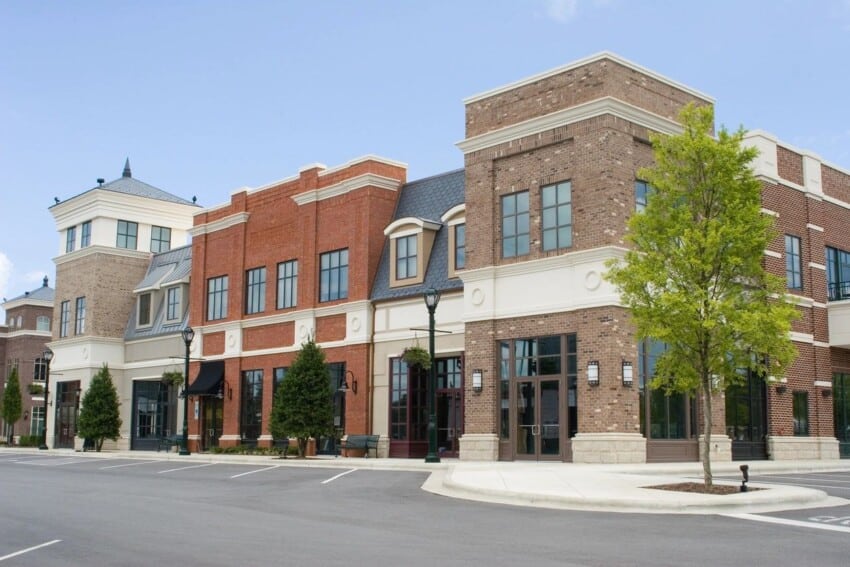Making the right decision on where to locate your business is critical. A variety of variables come into play, including the building’s use, its location, and the amount of available space. We’ve compiled a list of ideas to help you make this difficult choice on where to locate your company and what to look for when choosing your business premises.

What Type Of Business Do You Have?
First and foremost, what kind of business do you now operate (or want to start)? The requirements of a hairstylist, for example, are very different from those of a warehouse. How you run your business will have a significant impact on not only where you are going to be located, but also what kind of premises you need.
Footfall is a crucial thing to consider. If you have a store or restaurant, you need to be placed near to where people will be. You need to be where they live and work. However, if you have industrial facilities or are manufacturing something, you might have to be much further away, perhaps even outside of town – sometimes laws will point you in the right direction here, but it’s a sensible idea even if they don’t.
Something else to think about when deciding on a location is whether or not you want to travel to your clients and where they might be, or whether you want them to come to you – will they be willing to make the journey? Are there enough parking spaces for everyone that comes to your location?
Other questions to ask yourself include:
- Is your business in need of publicity? In other words, does it need to be seen?
- What will happen to the company? Do you want to grow it? Will that location still be suitable?
- How many employees are you expecting?
- Accessibility. Does it take too long to get there? Is it necessary for you to be accessible? Is it easy for visitors, customers, and staff to go from the parking lot to other areas?
The architecture of the building should reflect your company’s image too. Can your brand be accurately represented by the building’s look, functionality, and style? This is more important if you want to have a head office where customers can visit and conduct business than if you have an industrial site where only employees come to work. Building function must be taken into consideration while selecting a location. Obviously, each company has a different set of requirements for its facilities. Keep in mind the functions your business will need to perform, and make sure you pick a suitable building.
Consider Costs
The expense of purchasing or building new company premises is frequently a constraint, and it might be that you want to get more than you can realistically afford. You don’t want to overspend, but equally, you don’t want to pay too little and find you are in an unsuitable building when you could have paid for something better. Make sure you have a well-thought-out budget and check this against your income. Only then will you know what you can genuinely afford, and you can make decisions based on that with a lot more confidence.
Remember, though, depending on the nature of your company, you may have to pay extra fees to start working in the location you’ve picked. Permissions will be required for factories and other businesses. Restaurants, for example, must get permission to serve alcohol. Legal expenses may differ based on where your business is situated, but you’ll need to know all of these costs and then add them to the budget so there are no nasty surprises.
Security
As a business owner, you must also take into account how safe and secure the business location is. In the event that you’re storing a significant amount of merchandise, such as tens of thousands of dollars’ worth, you’ll want to look for a spot that can be kept safe. When looking for a place for your business, you should look for one that already has a number of security cameras and burglar alarms in place or one where you can install these things quickly and easily.
When making your shortlist of potential properties, make sure you take a look at the area’s crime statistics as well. It’s possible that the high crime rates in the area contribute to the cheap cost of the building you’re interested in. If you save money on your rent or purchase cost at the expense of your safety and that of your staff, it’s time to reevaluate your priorities.


